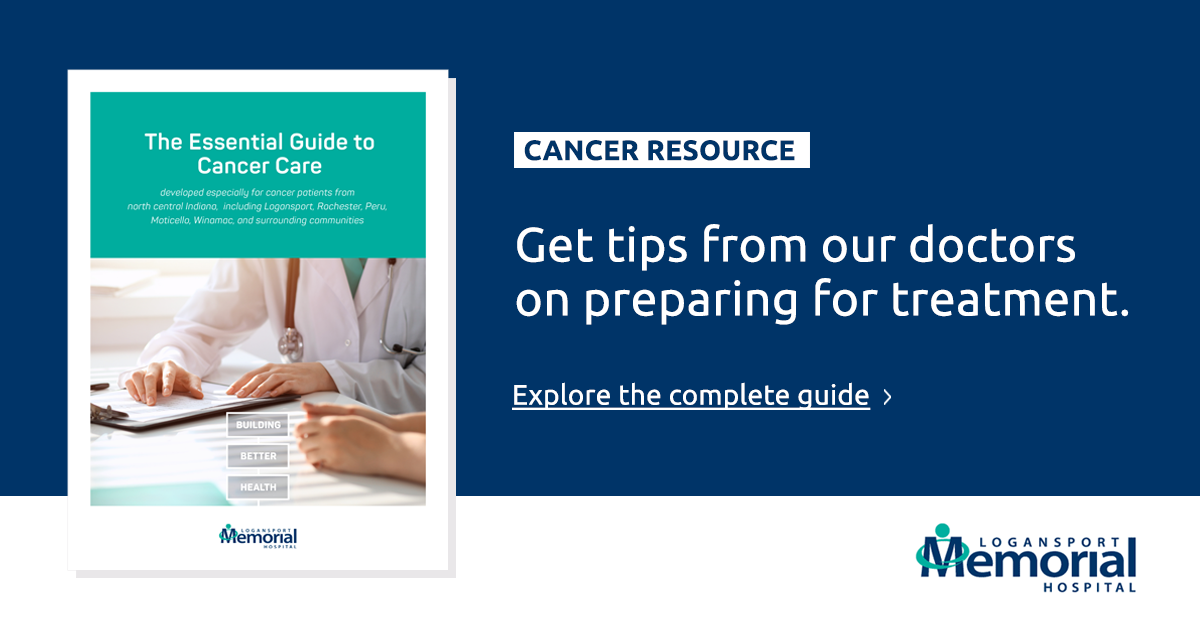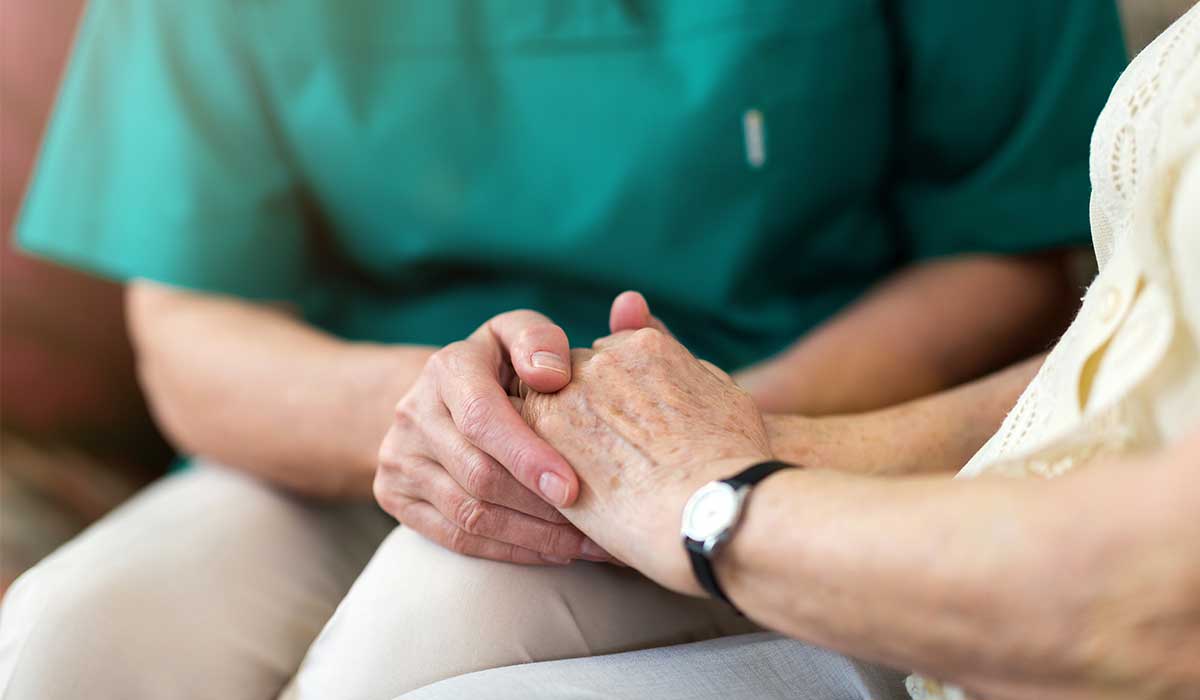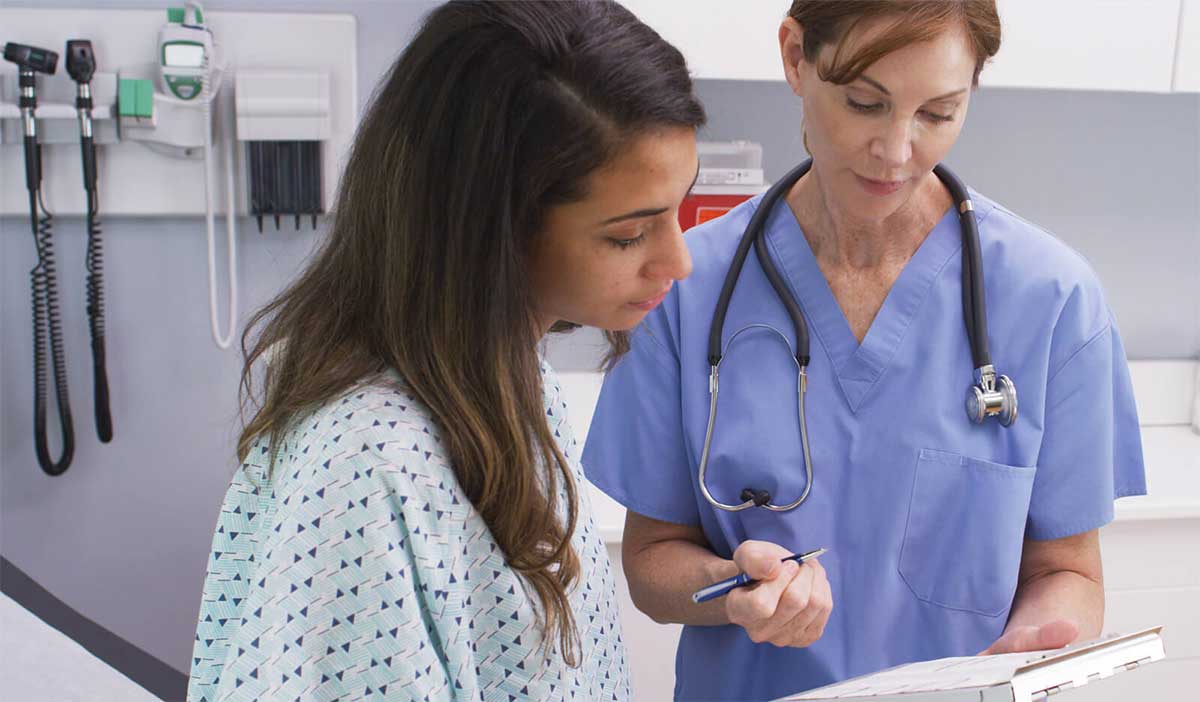Colon cancer is always an unwelcome life interrupter.
Most of the time, the disease begins in your large intestine without your knowing. More than half of patients diagnosed with colon cancer never notice any symptoms, which is why it’s crucial to go through regular screening tests as part of your healthcare routine. Doing so may help your doctor find colon cancer early, which it’s easiest to treat.

Colon cancer risk factors
Some of the factors that are known to increase the risk of you getting colon cancer include:
- Personal health history (e.g., having had colon cancer or non-cancerous colon polyps in the past increases your risk of getting colon cancer)
- Family health history (e.g., your risk of getting colon cancer is increased if members of your immediate family have had colon cancer or cases of inherited syndromes and genetic conditions—like familial adenomatous polyposis, hereditary nonpolyposis colon cancer, and Lynch syndrome)
- Other health conditions (e.g., chronic inflammatory diseases of the colon)
- Race (e.g., colon cancer affects all races, but—in the United States—African-Americans have the highest risk)
- Age (e.g., nine out of ten people who are diagnosed with colon cancer are over age 50, but the rate in younger adults is on the rise)
- Diet (e.g., eating a low-fiber, high-fat/high-calorie diet may increase your risk of colon cancer)
- Lifestyle (e.g., smoking and lack of exercise may increase your odds of developing colon cancer)
- Alcohol (e.g., being a heavy drinker increases your risk of getting colon cancer)
- Diabetes (e.g., having diabetes or insulin resistance may increase your chance of getting colon cancer)
- Weight (e.g., being obese increases your chance of getting and dying from colon cancer)
- Cancer treatment (e.g., undergoing radiation therapy to your abdomen area in order to treat a cancer you’ve had before may increase your risk of getting colon cancer)
Colon cancer symptoms
Most of the time, colon cancer begins with small groupings of noncancerous cells (called polyps) that grow on the inside of your colon. Some of these polyps later become colon cancers. These polyps are often small and infrequently produce symptoms.
Get answers to common questions about cancer
Screening helps your care team identify these polyps so that you can have them removed before they become cancerous.
Listen to your body. Be on the lookout for any changes that may indicate you might have colon cancer, such as:
- Blood in your stool or rectal bleeding
- Persistent feelings of fatigue and weakness
- Diarrhea or constipation that doesn’t go away
- Changes in the shape of your stool (e.g., it becomes as thin as a pencil)
- Feelings of abdominal discomfort that are continual (e.g., pain, gas, or cramps)
- Unexplained iron deficiency
- Unexplained weight loss
When to see your doctor
If you experience any of these symptoms, call your doctor or internist right away to make an appointment to get a colon cancer screening.
When and which signs of colon cancer might appear in a patient with colon cancer will vary from person to person. Some people who have an early stage of colon cancer may not experience any symptoms of the disease, making colon cancer screening essential.
If you are over age 50 or have other risk factors, your physician may suggest that you come in for more frequent or earlier colon cancer screening.
Colon cancer screening tests
There are several options for colon cancer screening and figuring out which test is best for you isn’t always simple (and how often you need to get screened), but it’s an important decision that might save your life since the disease doesn’t always present symptoms.
Tips for preventing colorectal cancer
The sooner any cancer is detected, the easier it is to treat. Keep reading to learn basics about some of the most common types of colon cancer screening tests.
Colonoscopy
As one of the most sensitive colon cancer screening tests, a colonoscopy gives your doctor a full view of your entire colon. During the procedure (which requires sedation), your doctor can remove samples of any abnormal tissue for examination.
Fecal occult blood test, fecal immunochemical test, and stool DNA test
For all of these lab tests, you provide a stool sample that you collect at home. These tests do not require any preparation or sedation. If lab technicians find any abnormalities in your stool, additional testing may be needed.
Flexible sigmoidoscopy
During a flexible sigmoidoscopy, your doctor views most of the lower part of your colon using a video camera on the end of a thin, flexible tube. During the procedure, this is inserted into your rectum to detect abnormalities. If your doctor finds anything, biopsies are taken through the scope.
Logansport Memorial’s Cancer Care Center offers comprehensive cancer care that’s close-to-home. Our team of experts provide a wide range of customized treatments and screenings for diagnosing and treating colon cancer.
Learn more about the Cancer Care Center
In may cases, colon cancer can be prevented and cured. You’re the best advocate for your wellbeing and health.
Talk to your physician about changes that worry you and get screened on a schedule recommended by your doctor to find and remove any polyps to stop cancer before it begins.
You might also like:
- Cancer’s connection to heart disease
- What are the most common cancers found in men
- Where to find answers to common questions about cancer





